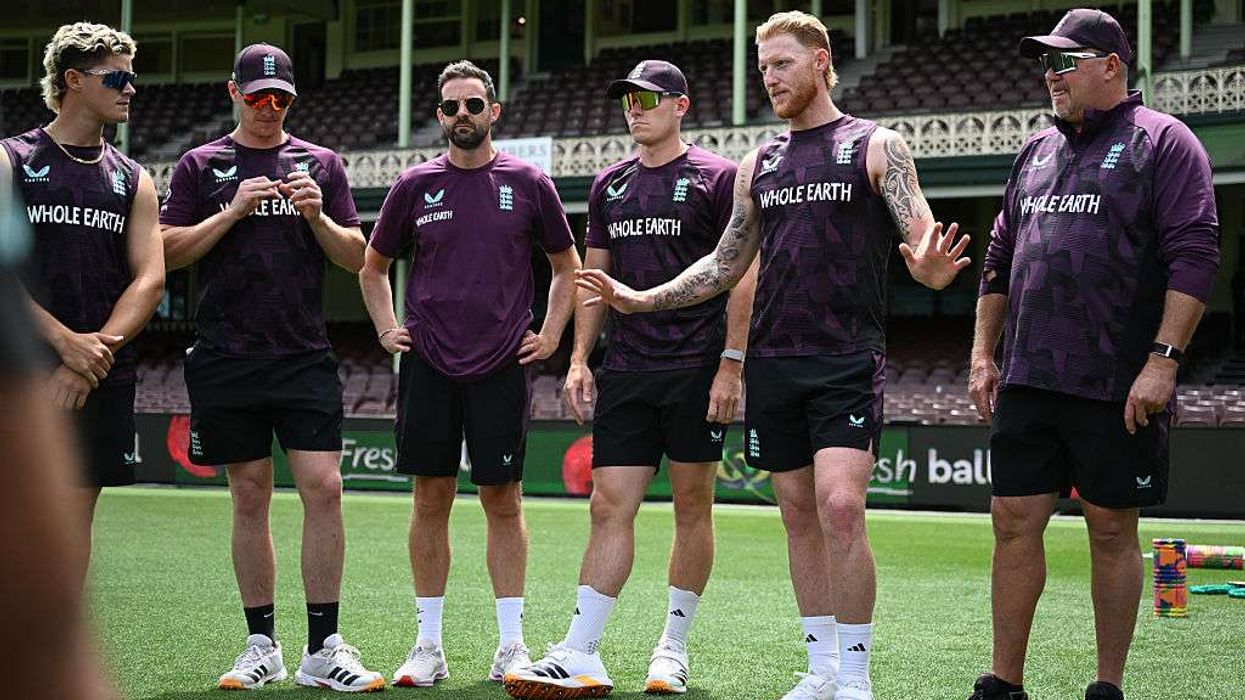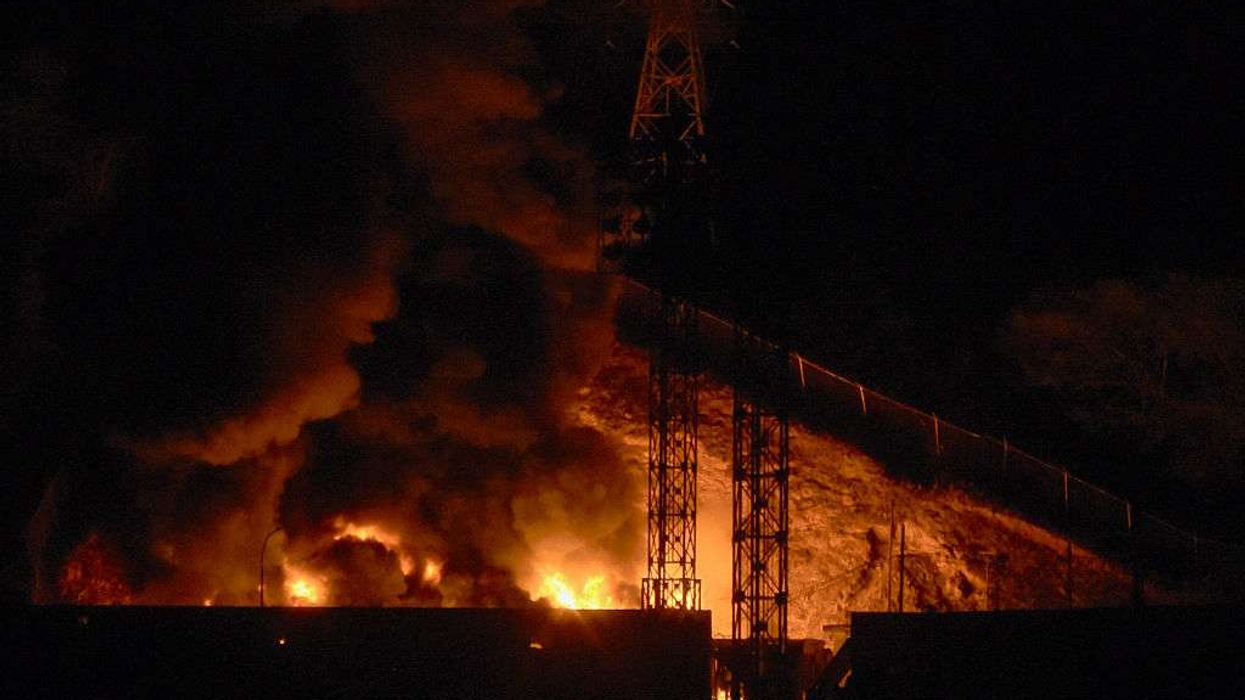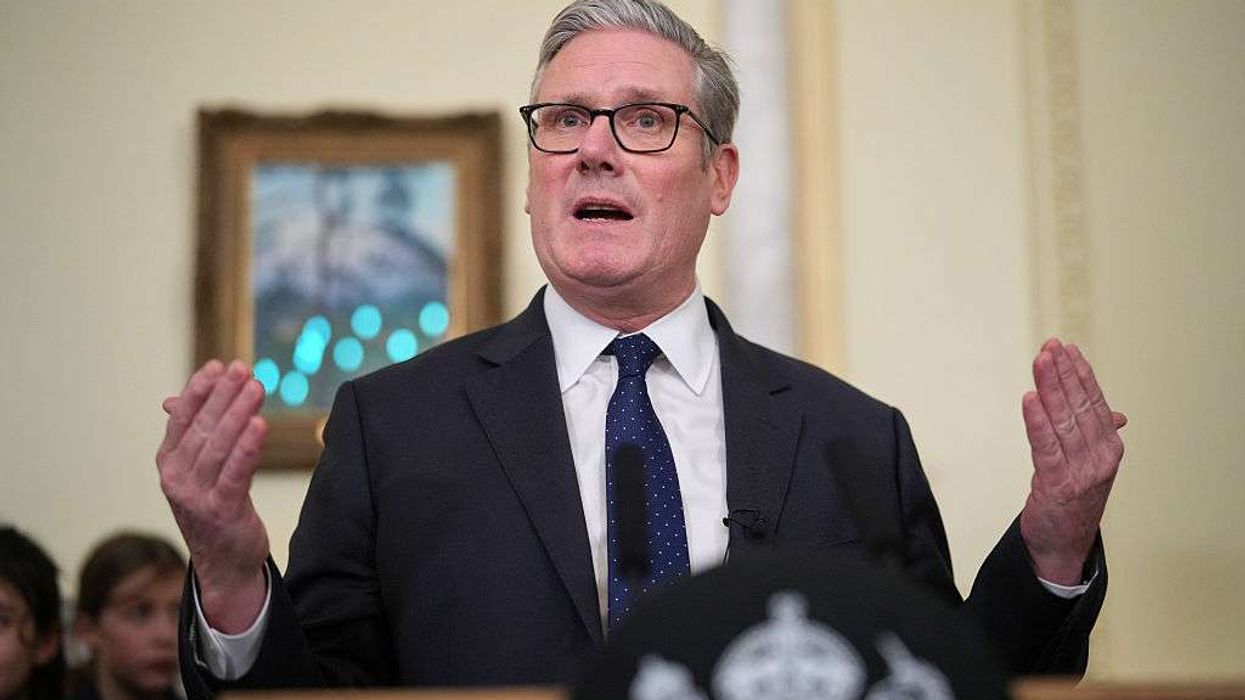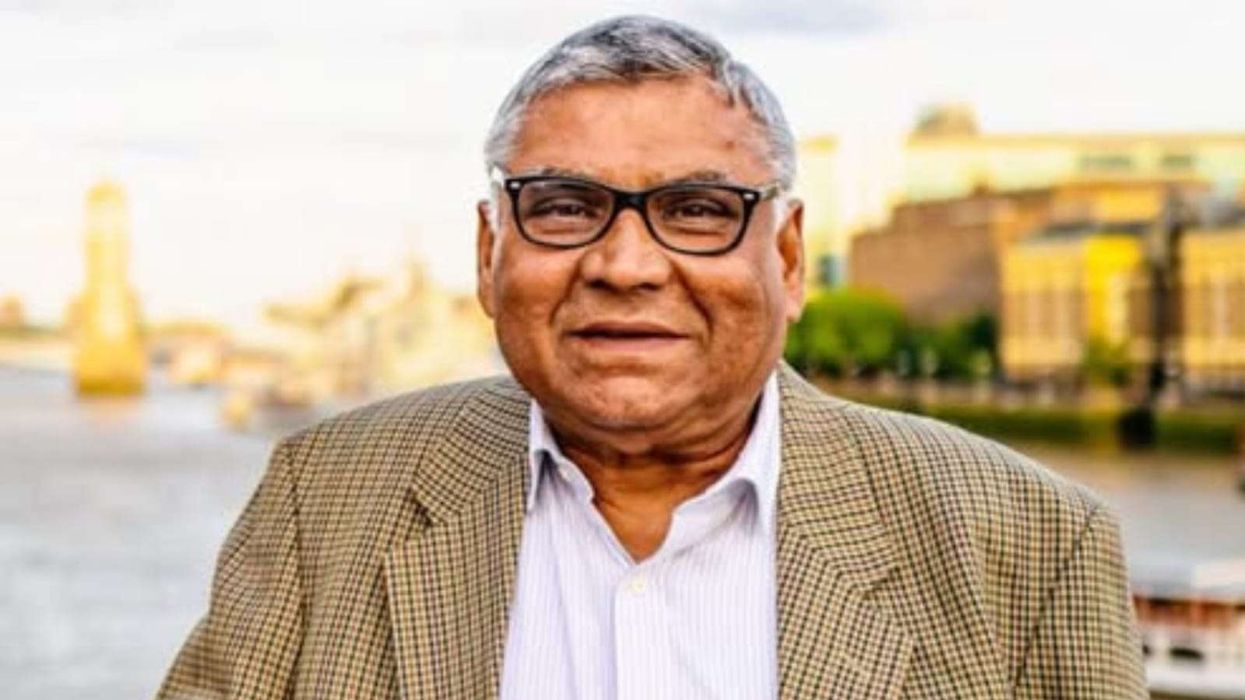A PUBLIC inquiry begins on Tuesday into the murders of three young girls at a Taylor Swift-themed dance event in Southport last year.
The inquiry will examine whether the attack could have been prevented and how future incidents might be avoided.
The attack took place during a summer holiday event in northern England in July, when teenager Axel Rudakubana, who had a history of violence and an interest in genocide, carried out a knife attack. Three girls were killed and 10 others injured.
The incident led to widespread shock and was followed by several days of rioting across the country.
ALSO READ: Asylum seekers' mental health worsened after riots, study finds
Rudakubana, who was 17 at the time, was sentenced in January to a minimum of 52 years in prison. He pleaded guilty just before his trial was due to begin. Prosecutors said there was no clear motive, describing the attack as driven by a desire to commit mass murder.
Following his conviction, prime minister Keir Starmer ordered an inquiry after it emerged during the trial that Rudakubana had been referred to a counter-radicalisation programme three times, but no further action had been taken.
He had also been previously arrested while carrying a knife and had admitted to possessing an al Qaeda training manual as well as making the poison ricin.
Adrian Fulford, who is leading the inquiry, said in a statement: "My focus throughout this inquiry will be a thorough and forensic investigation of all the circumstances surrounding the attack and the events leading up to it."
The first part of the inquiry will examine Rudakubana’s background and his contact with public bodies. A second phase will explore the wider issue of children becoming involved in violence, which has become an increasing concern for UK authorities.
Lawyers representing the families of the three girls – Bebe King, six, Elsie Dot Stancombe, seven, and Alice Dasilva Aguiar, nine – said they hoped the inquiry would help bring out the facts.
"We know that nothing the inquiry reveals, or subsequently recommends will change the unimaginable loss felt by the families of Elsie, Alice and Bebe, but we all now have a responsibility to ensure that something like this never happens again," they said in a statement.
(With inputs from agencies)













